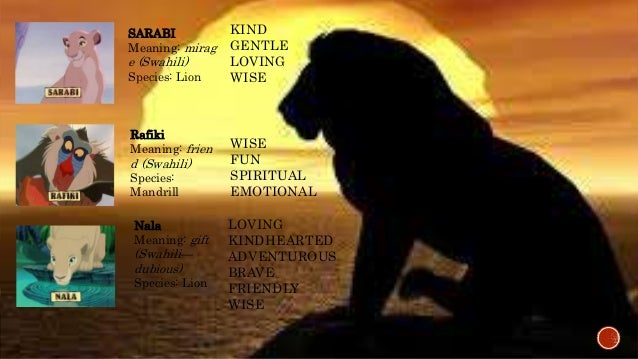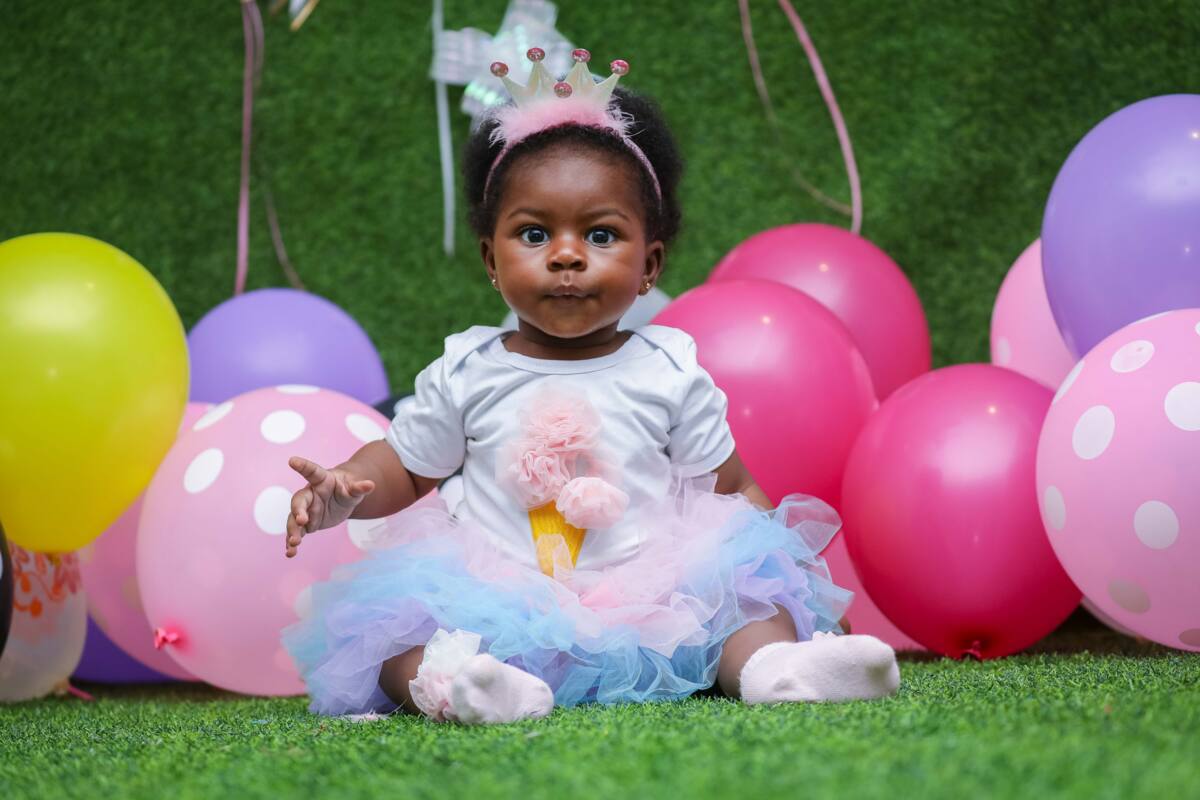

For example, the characters in the movie wear traditional Maasai clothing, and the landscape is full of baobab trees, which are indigenous to the region. In addition to the language, the movie also features a number of cultural references that are specific to East Africa.

The lyrics of the song are a mix of English and Swahili, and the Swahili lyrics add a layer of cultural authenticity to the song.

The Lion King also features a number of Swahili songs, including “Circle of Life,” which has become one of the most recognizable songs in the world. Other Swahili phrases that are used in the movie include “Simba,” which means “lion,” and “Rafiki,” which means “friend.” The character Pumbaa is named ater a Swahili word that means “a silly or careless person,” which perfectly describes his character. This phrase has become so popular that it’s now a part of popular culture, and people around the world use it as a way to express their carefree attitude towards life. One of the most iconic phrases from the movie is “Hakuna Matata,” which means “no worries” in Swahili. In The Lion King, the use of Swahili is not only a nod to the language’s cultural significance in East Africa but also adds depth and richness to the film’s setting. Swahili is a Bantu language that is spoken in many countries across East Africa, including Tanzania, Kenya, Uganda, and the Democratic Republic of Congo. One of the most memorable aspects of the movie is the use of Swahili language, which adds an authentic touch to the film. The movie takes us on a journey to the African savanna and follows the story of Simba, a young lion who must learn to overcome his fears and take his rightful place as king. The Lion King is a beloved Disney classic that has captured the hearts of millions of people around the world.


 0 kommentar(er)
0 kommentar(er)
